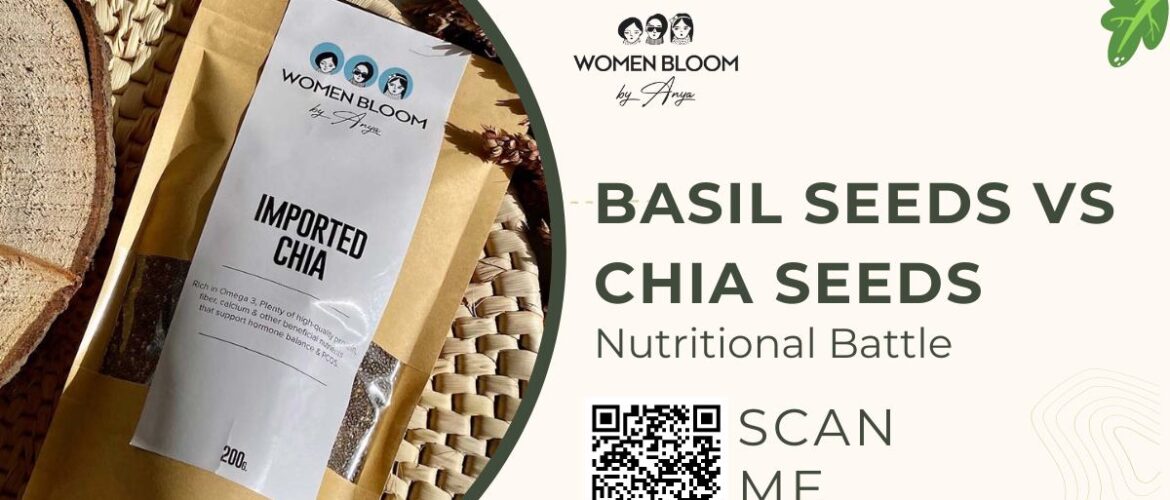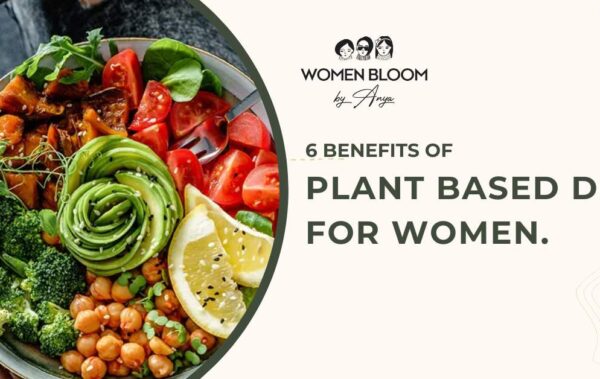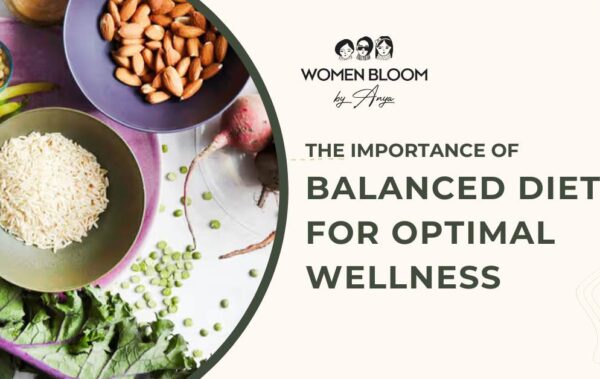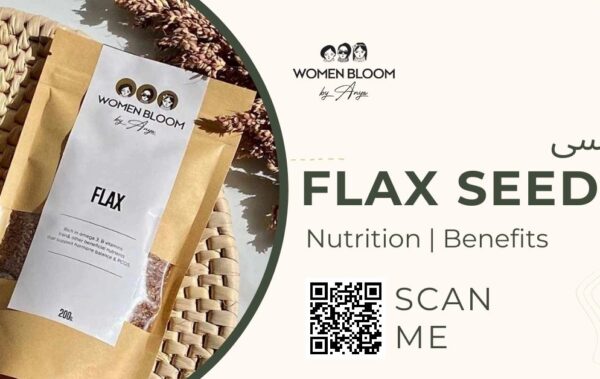If you’re searching for a healthy supplement to your diet, you might want to try basil seeds or chia seeds. Both are well-known for their nutritional advantages and are popular among health-conscious individuals but the thing is which one have more nutrition?
These little seeds are nutrient-dense and may be utilized to improve general health and well-being.
But which is best for you? In this post, we will do comparison in between Basil Seeds vs Chia Seeds to help you make an informed selection.
Basil seeds
The sweet basil plant produces small black seeds known as basil or sabja seeds. Although they are frequently used in Asian cooking, they are also gaining popularity in Western nations.
But why should you include basil seeds in your diet, and what are their benefits? Let’s investigate more closely.
- Nutrient-dense: Basil seeds are high in fiber, vitamins, and minerals. They contain a lot of iron, calcium, and magnesium. These minerals are vital for keeping strong bones and teeth and supporting the healthy functioning of nerves and muscles.
- Digestion Aid: Basil seeds are well-known for their digestive properties. They contain soluble fiber, which aids in the regulation of bowel motions and the prevention of constipation.
- Promote body hydration: Because they are hydrophilic, basil seeds may absorb water and expand up to ten times their initial size. They can, therefore, assist in keeping you feeling full and avoiding dehydration, making them an excellent method to remain hydrated. Asian pastries and beverages frequently contain them.
- Boost the immune system: Antioxidants in basil seeds can strengthen the immune system and stave against illness. They could also aid in lowering bodily inflammation, which is linked to several illnesses
- Enhance the Health of Skin and Hair: Your skin and hair may benefit from the nutrients of basil seeds. The antioxidants can aid in preventing damage from free radicals, while the high vitamin A and iron levels can support healthy hair development. The calcium and magnesium in basil seeds can also enhance your skin’s suppleness and strength.
You might be wondering what to do with basil seeds now that you know their advantages. Here are some suggestions:
- To increase the nutritional content of smoothies or juices, add them.
- Use them to make sauces, stews, and soups thicker.
- Add them to salads or yogurt bowls for a crunchy texture.
- Combine a refreshing drink with water, coconut milk, and honey.
- Incorporate them into fruit salads, ice cream, and pudding desserts.
Despite their tiny size, basil seeds are incredibly nutritious. There are several benefits to including them in your diet, including improved digestion, help for weight loss, and immune system stimulation.
Chia seeds:
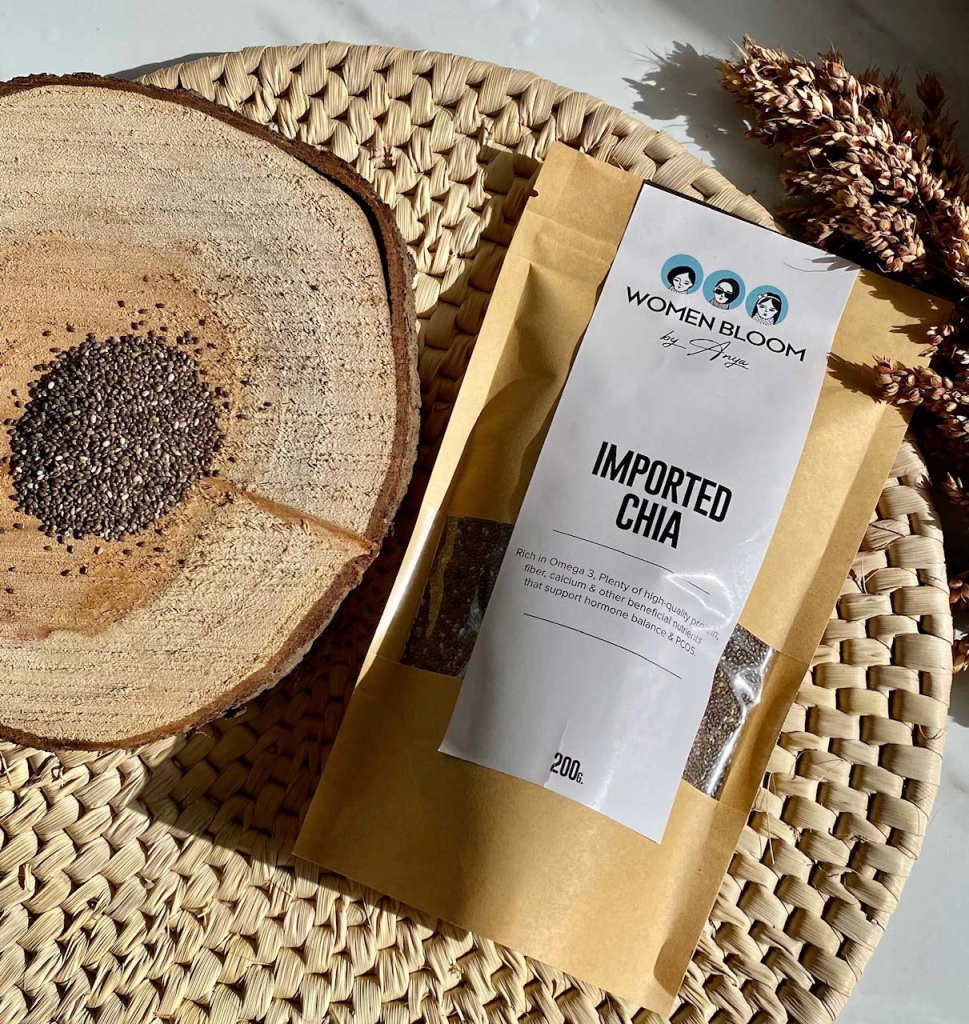
Chia seeds are a significant fiber, protein, and healthy fats source. Only one ounce (28 grams) of chia seeds has nine grams of fat (including five grams of omega-3 fatty acids), four grams of protein, and eleven grams of fiber.
They are, therefore, a great option for anyone trying to increase their nutritional intake without consuming a lot of extra calories.
Chia seeds are harvested from the Mexican native plant Salvia hispanica. They are a well-known superfood with several nutritional advantages. Here are a few of the advantages of chia seeds:
- Nutrient-dense: Chia seeds are high in fiber, protein, and good fats. They are also high in calcium, magnesium, and phosphorus.
- Control Blood Sugar Level: Chia seeds have several noteworthy advantages, one of which is their capacity to assist with blood sugar regulation. Chia seeds’ high fiber content reduces the rate at which sugar enters the system, reducing the risk of blood sugar spikes and falls. Because of this, chia seeds are a perfect snack for those with diabetes or other blood sugar disorders.
- Great source of antioxidants: Antioxidants, including those found in chia seeds, can help shield your body from harm caused by free radicals. Unstable chemicals known as free radicals can harm cells and play a role in the emergence of illnesses, including cancer and heart disease. You may assist in counteracting these dangerous compounds and shielding your body from illness by eating antioxidants.
- Help to lose weight: Chia seeds also have the advantage of aiding in weight loss. Chia seeds can help you feel fuller for longer periods since they are high in fiber and protein. This can help you consume less calories overall. Furthermore, your metabolism may be boosted by the good fats in chia seeds, which may result in more fat-burning. The soluble fiber of chia seed helps you feel full and lowers your appetite.
- May Improve Heart Health: Chia seeds have been demonstrated to improve heart health. They may aid in the reduction of inflammation and blood pressure.
What are some ways to include chia seeds in your diet?
Here are some suggestions:
- Include them in smoothies: Chia seeds work well and may give your daily routine an extra nutritional boost.
- Prepare chia seed pudding: To make a tasty and nutritious dessert, combine chia seeds, almond milk, honey, and vanilla essence.
- Replace eggs in baking recipes with them: Combine one tablespoon of chia seeds with three tablespoons of water to get a gel-like consistency.
- Sprinkle them over porridge or yogurt: Chia seeds give creamy dishes like oatmeal and yogurt a pleasant crunch.
As you can see, using chia seeds in your diet has a lot of advantages. Chia seeds are an excellent option if you’re trying to control your blood sugar, prevent illness, or reduce weight. Why not try to see if they can help you feel better overall?
Basil seeds vs Chia seeds: what are the major differences between them:
| Chia seeds | Basil seeds |
| Flavor: Chia seeds have a very mild, nutty flavor, often described as “earthy.” | Basil seeds, on the other hand, have a more neutral flavor and are often used as a textural element in dishes. |
| Origin: Chia seeds come from the Salvia hispanica plant, which is native to Mexico and Guatemala. | Basil seeds come from the sweet basil plant, widely grown in Asia and the Mediterranean. |
| How to eat: Chia seeds are often used as an egg substitute in baking and smoothies, oatmeal, and yogurt bowls. | Basil seeds are often used in drinks such as falooda and lemonade and in desserts such as puddings and ice cream. |
| .Benefits: Chia seeds are often touted for their ability to reduce inflammation, improve heart health, and support weight loss. | Basil seeds are often used to aid digestion, promote hydration, and boost the immune system. |
Chia seeds vs basil seeds: which one is richer in nutrients?
Now that we’ve examined the advantages of both basil seeds and chia seeds let’s compare them:
Basil seeds and chia seeds are both abundant in nutrients. Chia seeds, on the other hand, have a somewhat greater protein, dietary fiber, and healthy fat content. Basil seeds, on the other hand, have a greater iron and calcium content.
Both basil seeds and chia seeds are proven to help with digestion. Nevertheless, basil seeds are better for those with constipation, whereas chia seeds are better for those with diarrhea.
So, who prevails in the match between Chia and Basil seeds?
It varies.
- Pick chia if you want an ingredient that goes well with various dishes and beverages.
- If you are looking for a delicious option, go for basil seeds.
- Pick chia seeds if you’re looking for something cheap and readily available.
- Basil seeds are a good option if you’re looking for something that can absorb water rapidly and save time.
- However, pick both if you wish to enhance your general health. Yes, it is correct! You can include each separately in your meals to get the most medicinal and health advantages.
Selecting both and applying them correctly will also enable you to determine which of the two types of seeds—basil or chia—wins.
Final words:
Both basil and chia seeds are high in nutrients and have various health advantages. On the other hand, Chia seeds are more helpful in promoting weight loss and heart health. Basil seeds, on the other hand, are better for digestion and blood sugar regulation.
Finally, your demands and tastes determine the decision between the two seeds. You may simply integrate both seeds into your diet by adding them to smoothies, yogurt, or salads.

